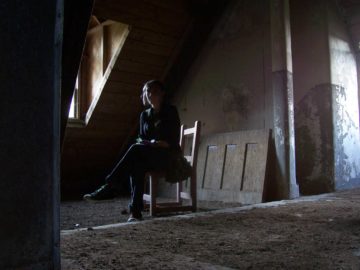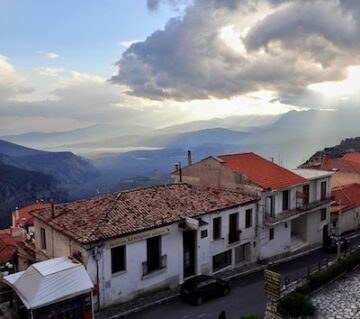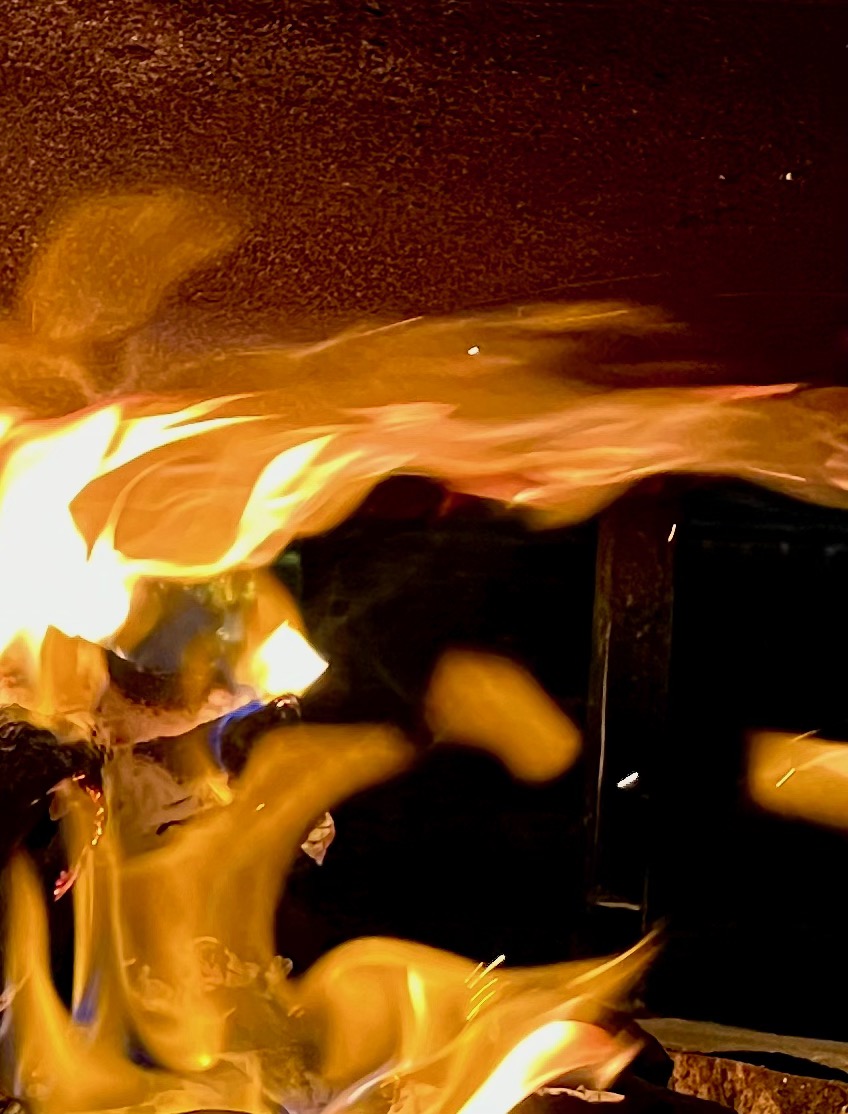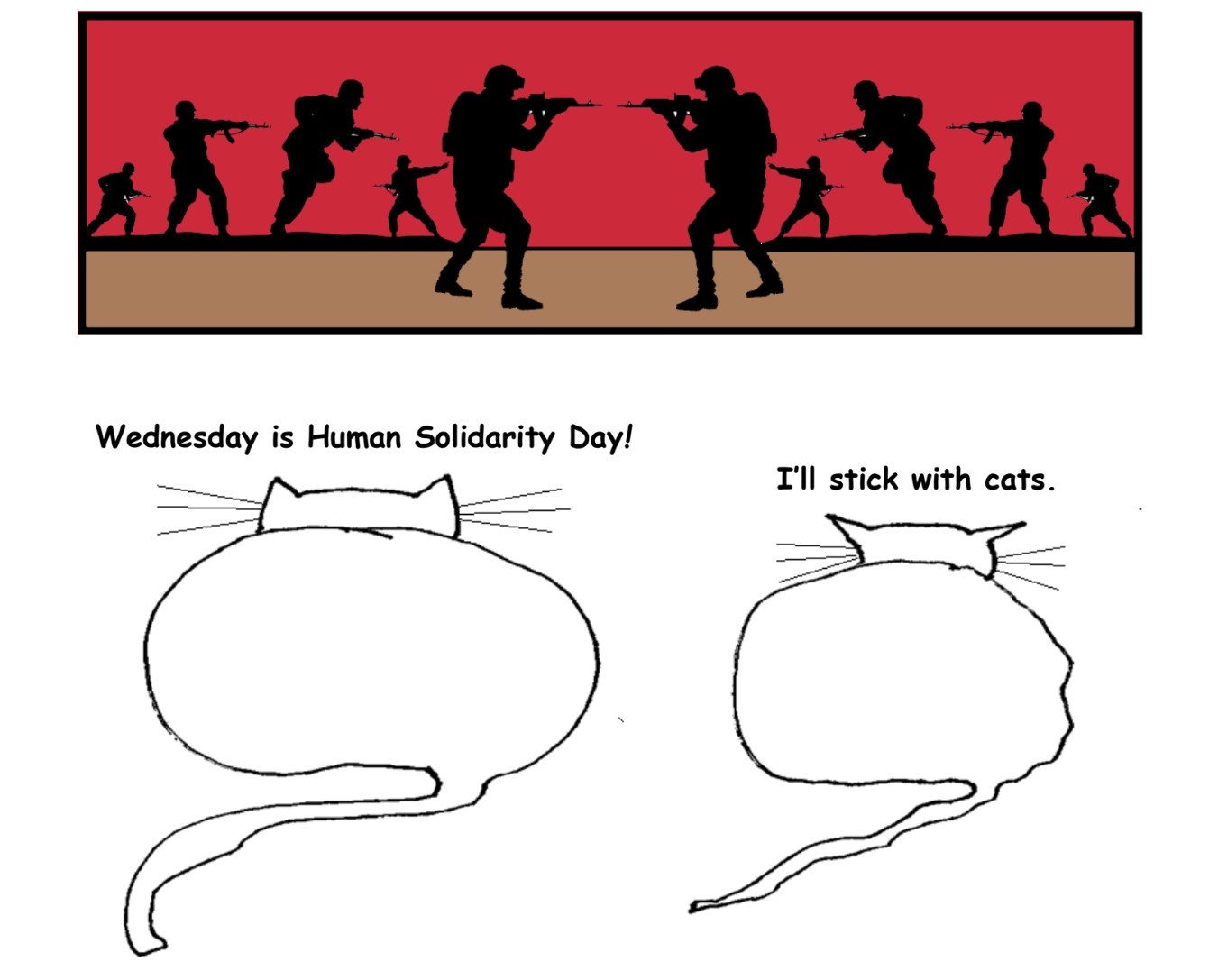by Chris Horner

You can’t always get what you want
But if you try sometime you might find
You get what you need —Jagger/Richard
Writing free verse is like playing tennis with the net down. —Robert Frost
Life can be full of obstacles to getting what we want. But sometimes we get it, we get there, we get the thing we wanted: the lover, the career, the promotion, the house, the holiday, the PhD. Yet after all that effort, trying, searching and perfecting, to the final goal, the success we longed for, why is it so often a disappointment, something leaving us flat, even sad? Something is missing. It turns out getting what we want wasn’t what we really wanted. We wanted something else. But what else? Not being completely happy with what we actually get is part of the human condition: we just have to accept it, and tune our expectations better to meet the inevitable disappointments. There is truth in that, but also good reason to think that modern work and consumption is turning mild disappointment into something altogether more toxic.
Achievement Society
There is nothing new about having goals, and working towards them. Nothing new in finding that the things we thought we would get happiness from crumble in our hands as we touch them, and that doesn’t stop us from wanting things. One of the advantages of living in a prosperous part of the world is surely that such possibilities become open to more people: modernity is supposed to be about choice and opportunity. But a society so heavily pitched towards achievement of all kinds – in our careers, love lives, acquisition of things – has brought the experience of dissatisfaction to the level of a social pathology. Achievement has become a commandment, and endlessly receding horizon that entices as it frustrates. We live in an Achievement Society, in which we exploit ourselves in the pursuit of more, more of everything, more and more forever.[1] The result is a kind of blow out, an infarction of the self, depression, burnout, since no one can keep up the relentless pace of total achievement forever. Read more »


 Andrew Torba, Christian Nationalist founder of the rightwing social media site Gab, recently argued on his podcast that the fact that many of the most beloved Christmas songs were written by Jewish composers was part of a conspiracy to take Christ out of Christmas: to secularize one of the holiest Christian holidays and allow Jews to subtly infiltrate Christian-American culture with their own agenda. He might just be right.
Andrew Torba, Christian Nationalist founder of the rightwing social media site Gab, recently argued on his podcast that the fact that many of the most beloved Christmas songs were written by Jewish composers was part of a conspiracy to take Christ out of Christmas: to secularize one of the holiest Christian holidays and allow Jews to subtly infiltrate Christian-American culture with their own agenda. He might just be right.


 I have no idea what the lyrics to the Oasis song “Champagne Supernova” mean,
I have no idea what the lyrics to the Oasis song “Champagne Supernova” mean,
 Sughra Raza. Fire Painting at Takht-e-Lahore, December 9, 2023.
Sughra Raza. Fire Painting at Takht-e-Lahore, December 9, 2023.




